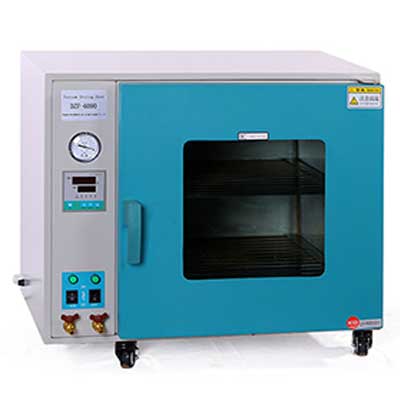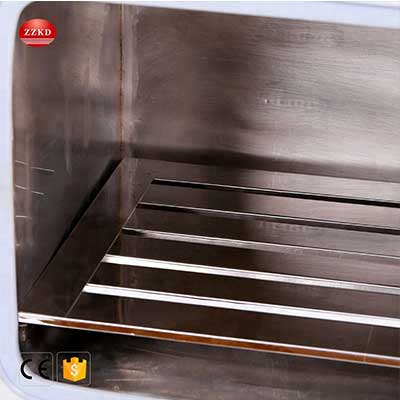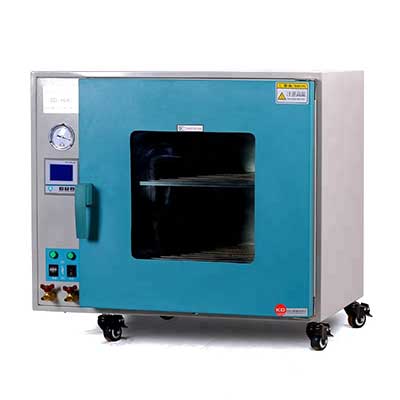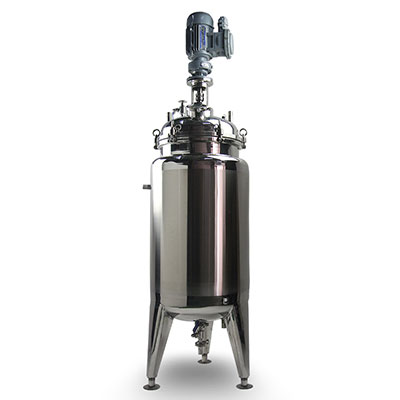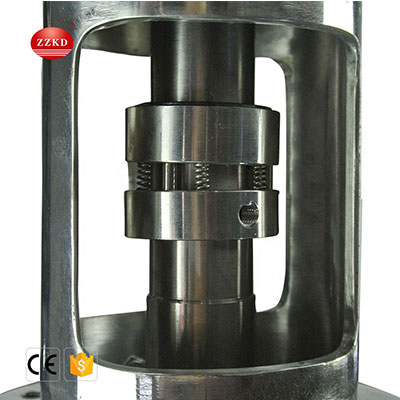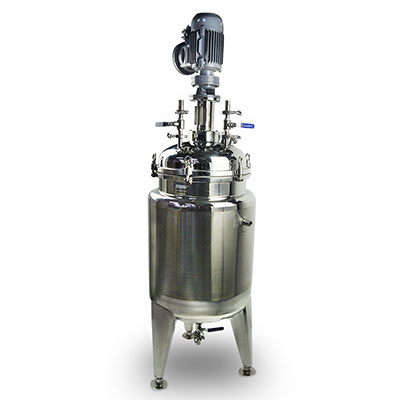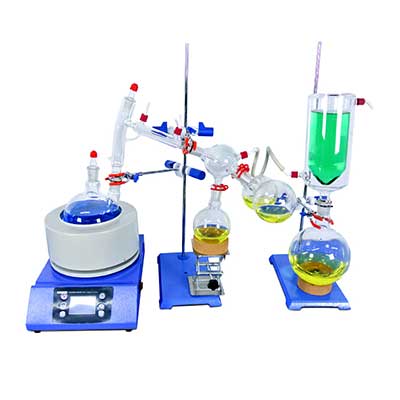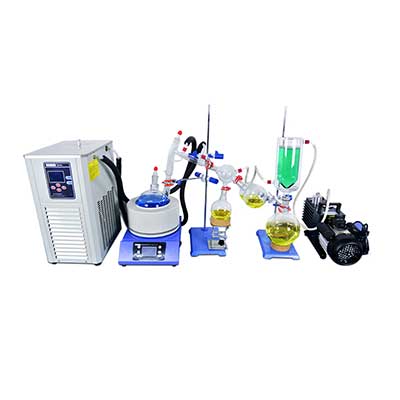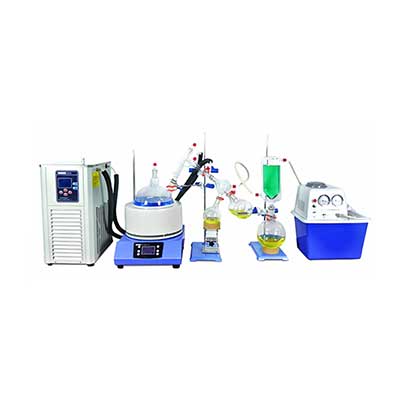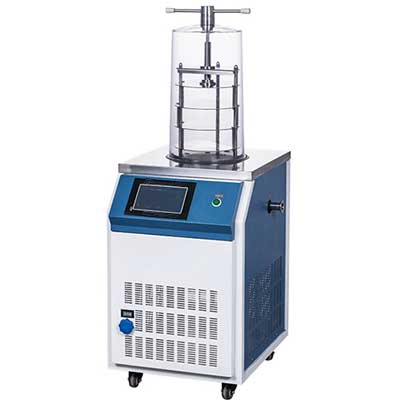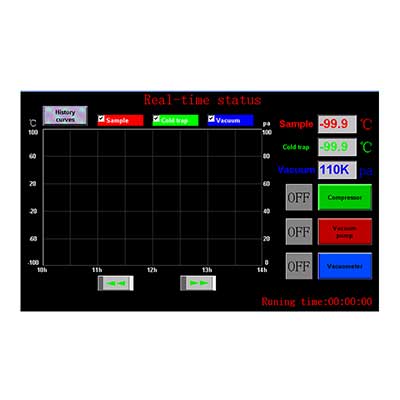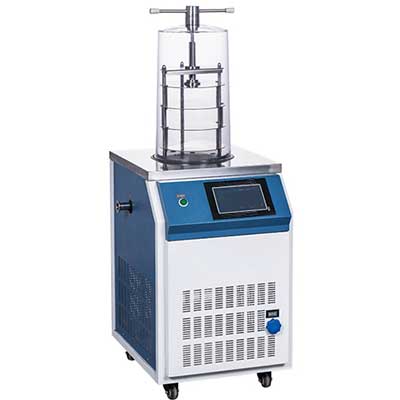-
WhatsApp
-
Email
In the dynamic field of pharmaceuticals, precision and control are vital. A pharmaceutical jacketed pilot glass reactor is a vessel where scientists can conduct reactions under precise temperature conditions. This equipment plays a crucial role in the research and development phase, allowing for scalability and effectiveness. It serves as a testbed for 10L Jacketed Glass Reactors Vessel on a pilot scale, providing insights that are instrumental in large-scale manufacturing processes.
The importance of such reactors in pharmaceutical development can't be overstated. They offer a clear view of the reaction process, which is essential for monitoring and analysis. This visibility is not just for the sake of observation but also for the practical purpose of ensuring that the process is proceeding as expected, which is imperative for achieving desired results.
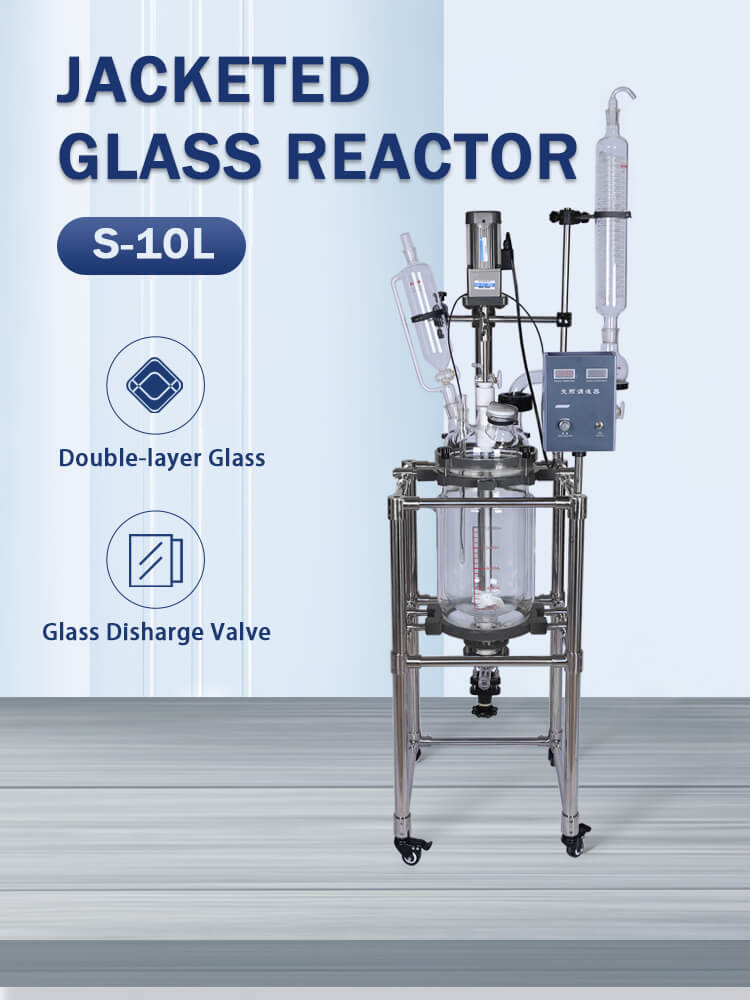
The Design and Structure of Jacketed Glass Reactors
A typical pharmaceutical jacketed pilot glass reactor consists of multiple layers, including the inner vessel where the chemical reaction takes place and an outer jacket for temperature control. This outer jacket can circulate heating or cooling fluids, thus maintaining the internal environment at the specific temperatures required for the reaction to proceed.
The design is such that it maintains the integrity of the substances inside while allowing for maximum heat transfer efficiency. The construction materials, primarily glass, are chosen for their resistance to a wide range of chemicals, durability, and non-reactive properties, ensuring that they do not interfere with the substances being tested.
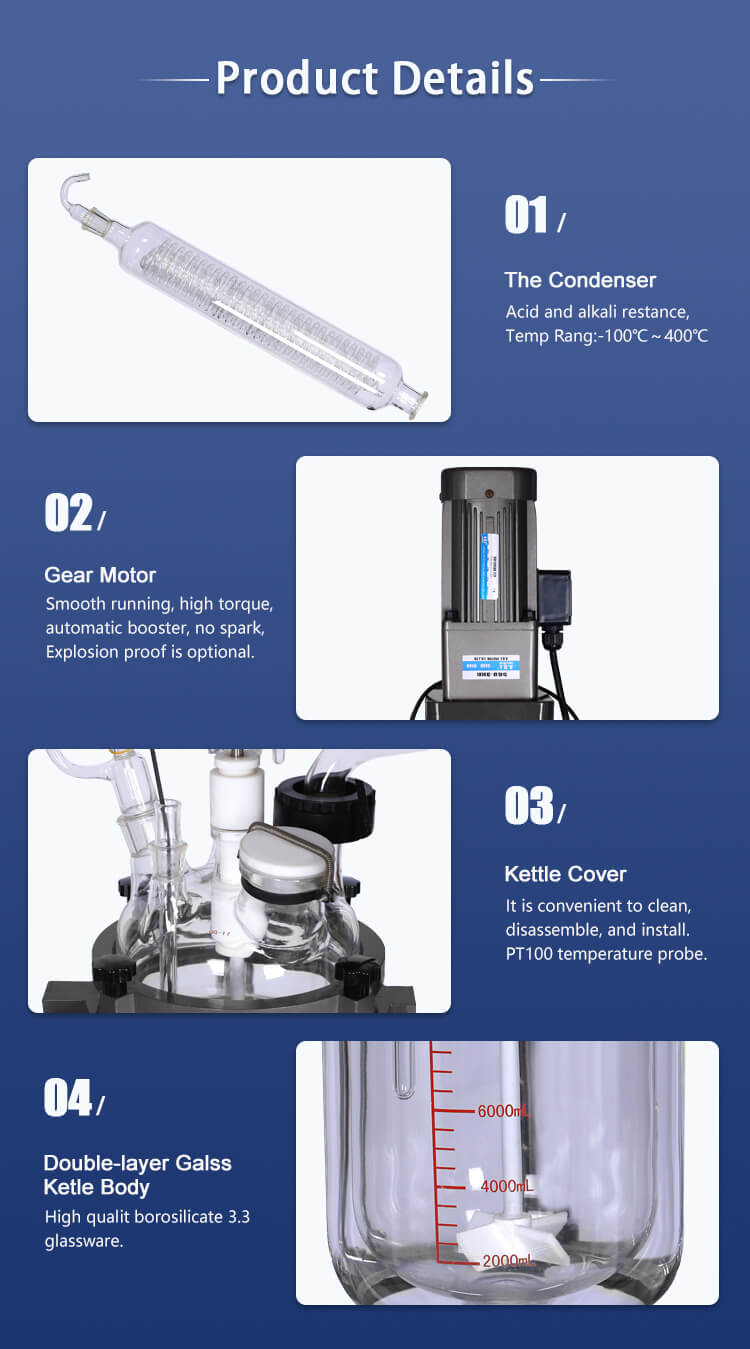
Operational Principles of Jacketed Reactors
Understanding the operational principles of pharmaceutical jacketed pilot glass reactors is critical for anyone involved in the pharmaceutical industry. These reactors work on the principle of energy transfer, primarily through the jacket that surrounds the main vessel. The jacket's role is to either add heat to the vessel's contents or remove it, thus regulating the reaction's temperature.
This regulation is critical because many pharmaceutical reactions require precise temperature maintenance to yield the correct product. By manipulating the jacket's temperature, scientists can ensure that the reaction conditions remain within a narrow, controlled range.
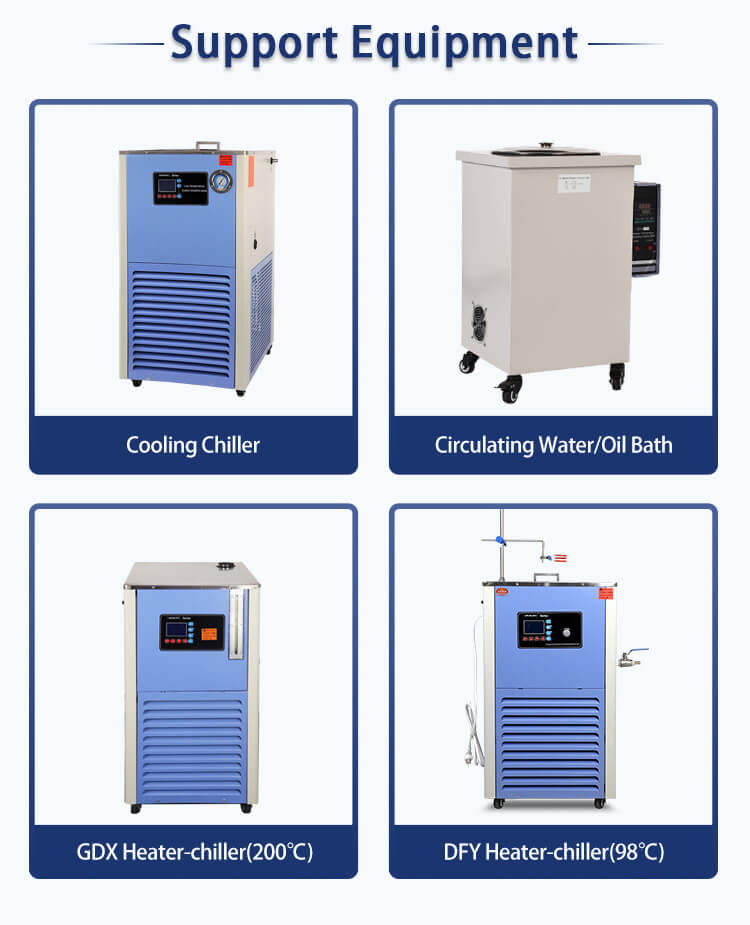
Safety Considerations in Jacketed Glass Reactor Usage
Safety is a paramount consideration when operating any pharmaceutical equipment, and jacketed glass reactors are no exception. Given the nature of reactions—some of which may be exothermic or endothermic—the glass used in these reactors is typically borosilicate, which is known for its thermal shock resistance and strength.
Moreover, the reactors are equipped with safety valves and measures to prevent overpressure scenarios. Regular maintenance and inspection are also integral to ensuring the continued safe operation of these reactors, especially when scaling up processes that were successful at the pilot stage.
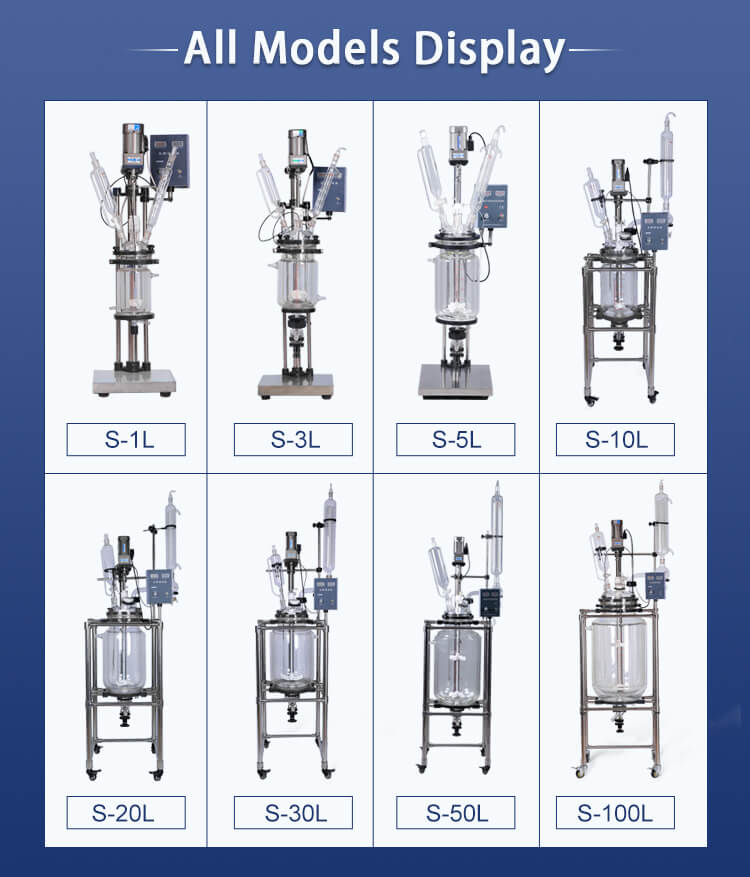
Maintenance and Care of Glass Reactors
The longevity of a pharmaceutical jacketed pilot glass reactor largely depends on proper maintenance and care. Regular cleaning to prevent residue buildup, checking for any signs of wear and tear, and replacing components like seals and valves when necessary are all essential practices.
It's also crucial to follow a strict protocol when handling these reactors, as the glass construction, while durable, demands careful use to prevent breakage. Training personnel in the correct operation procedures is a part of this maintenance protocol, as human error is a significant factor in equipment malfunction.
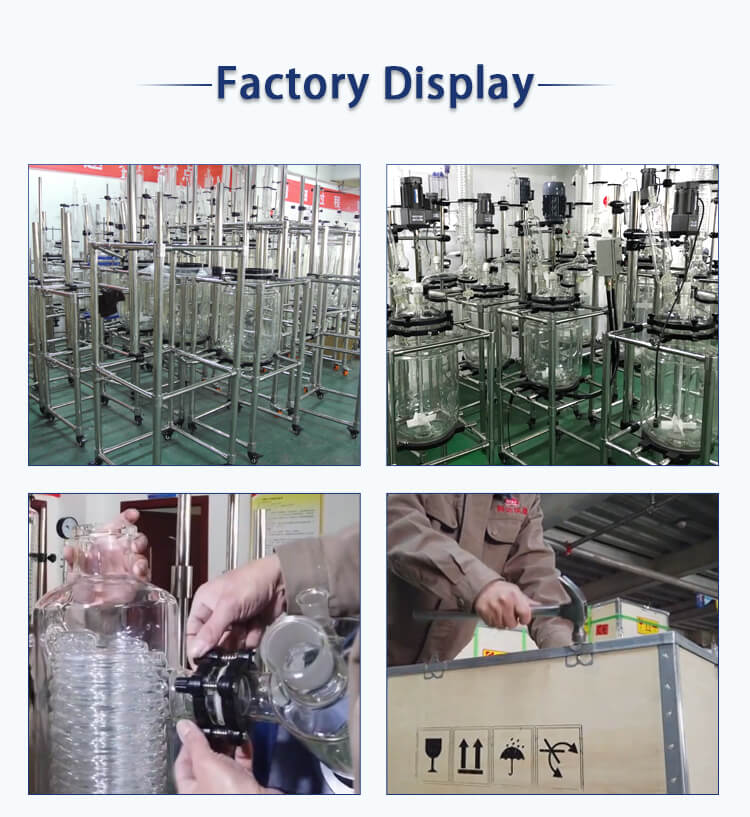
Conclusion: The Role of Jacketed Glass Reactors in Advancing Pharmaceuticals
Jacketed glass reactors are more than just vessels; they are the bridge between laboratory research and industrial success. In the pharmaceutical industry, where every new drug or process can have a profound impact on health outcomes, the value of reliable and efficient equipment such as the pharmaceutical jacketed pilot glass reactor supplied by companies like ZZKD Machinery and Instrument Equipment Co., Ltd. cannot be overstated.
These reactors enable the transition from theoretical chemistry to practical application, proving to be an indispensable part of the pharmaceutical toolkit. As we advance into an era of more sophisticated drug development, the pilot glass reactor will undoubtedly continue to be a centerpiece in innovation.


